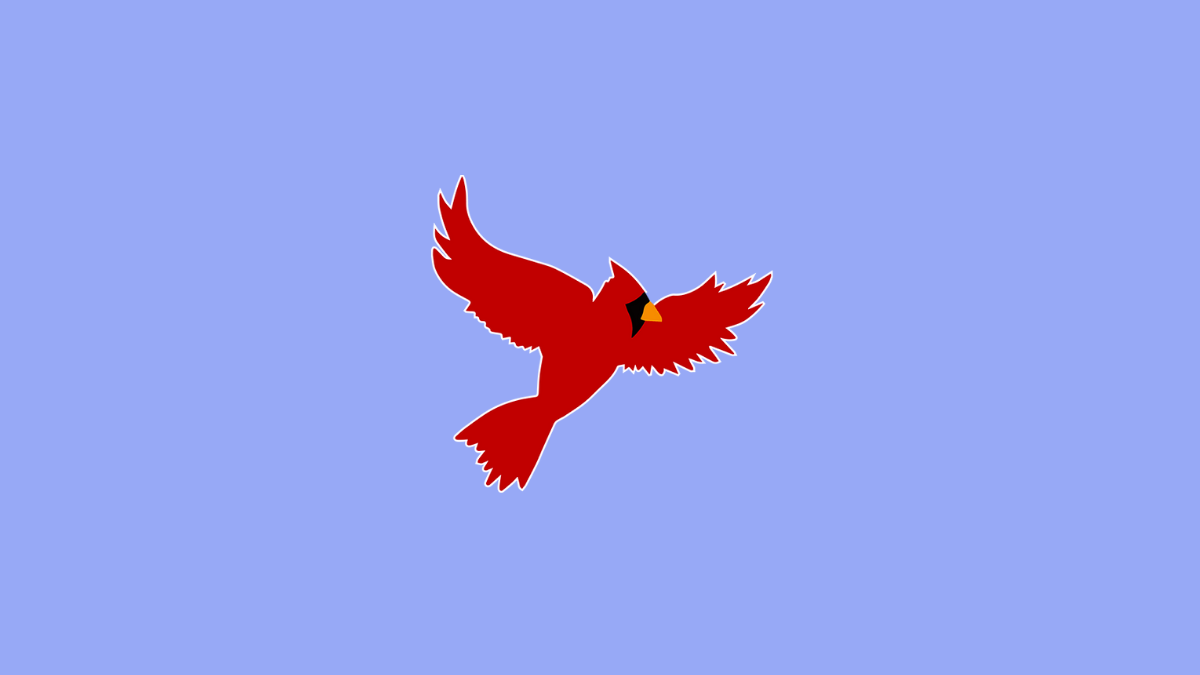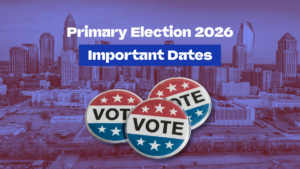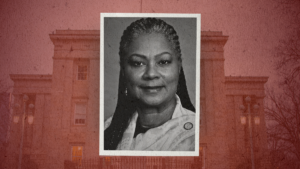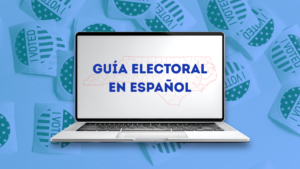Source: Editorial Board
If you do not know about Down Home North Carolina, it is time to get familiar with this organization. They have been working tirelessly to cease needless evictions in Cabarrus County over the past few months and just had a major win!
For those who are not familiar with this community-oriented organization, this organization deliberately walks in its mission of building power for working families in North Carolina. Through the organization’s multiracial approach and grounding, staff members build authentic and intentional relationships with rural working people in North Carolina’s small towns and rural communities.
Members of the Down Home team create these meaningful connections through their organizational tactic of deep canvassing, where staff and volunteers make time to have thoughtful conversations surrounding the issues that matter the most to those they canvass. Through these conversations that happen either on the phone or in person, the Down Home team builds a rapport and trust with those they talk to.
This is why this organization has been able to make lasting change in North Carolina.
For months, Down Home has been working to improve Cabarrus County’s Crisis Financial Assistance program. Jasmine Lewter, who is a Cabarrus County regional organizer for the organization, explained to WCNC that the Crisis Financial Assistance program is “a severely underfunded program, a lot of people don’t know it exists and it’s severely underutilized because of that”. Lewter also pointed out that “Cabarrus County has an eviction crisis and it needs to be taken seriously”.
Currently, Cabarrus County ranks 6th in the state for evictions. Over the past two years, eviction rates have increased in the county. In Fiscal Year 2021, there were about 1,500 evictions. In Fiscal Year 2022, there were about 2,600 evictions. Now with there being a few months left in Fiscal Year 2023, the data is showing there to be nearly 3,300 evictions so far in Cabarrus County.
Lewter explained to WCNC that many people who are struggling to pay rent are also dealing with many crises at the same time. “They end up being served evictions and evictions can go on your record for up to seven years and it makes you nearly impossible to be considered a tenant anywhere else, which is how people end up homeless,” Lewter said.
Through the continuous efforts of Down Home pushing the Cabarrus County Board of Commissioners to do something about the housing crisis, the board recently voted to nearly double funding for the Crisis Financial Assistance program and doubled the renter’s assistance to $1,000. Also, the board is making sure the application for this program is online so it is more accessible.
In the coming weeks, the rental assistance program will be online. For those who need rental assistance now in Cabarrus County, you can get the application in person at the Department of Human Services in Kannapolis. The address is 1303 S Cannon Boulevard Kannapolis, North Carolina. Also, county residents can ask for the application by sending a request to EnergyAssistance@cabarruscounty.us or calling 704-920-1400.
Thank you Down Home North Carolina for your ongoing work in our rural communities of North Carolina.
If you would like to get involved with Down Home, visit their website at downhomenc.org and click on the get involved tab. Cabarrus County is only one of many rural counties they organize in.
Remember, the only way you can make change is by getting involved.





